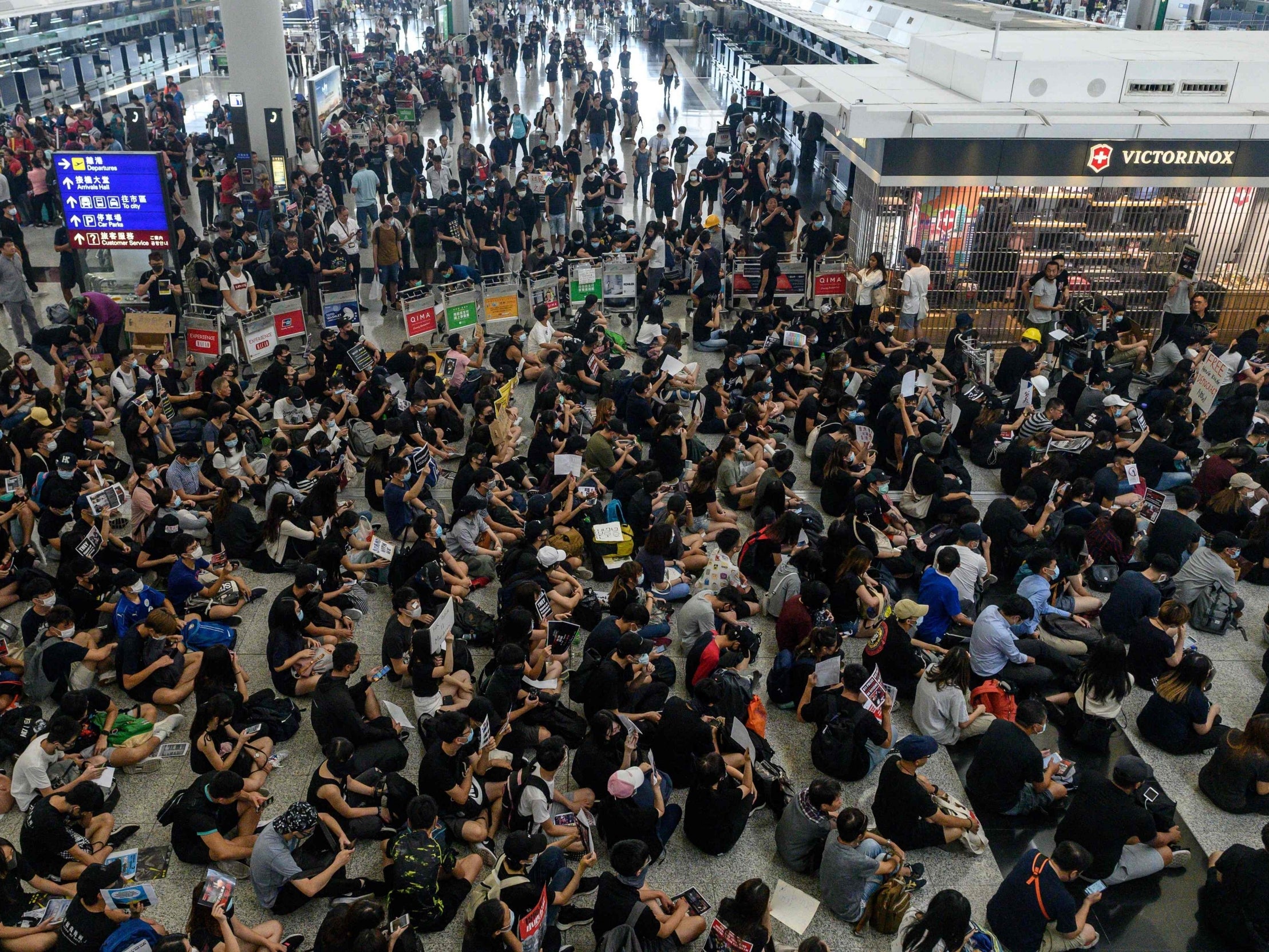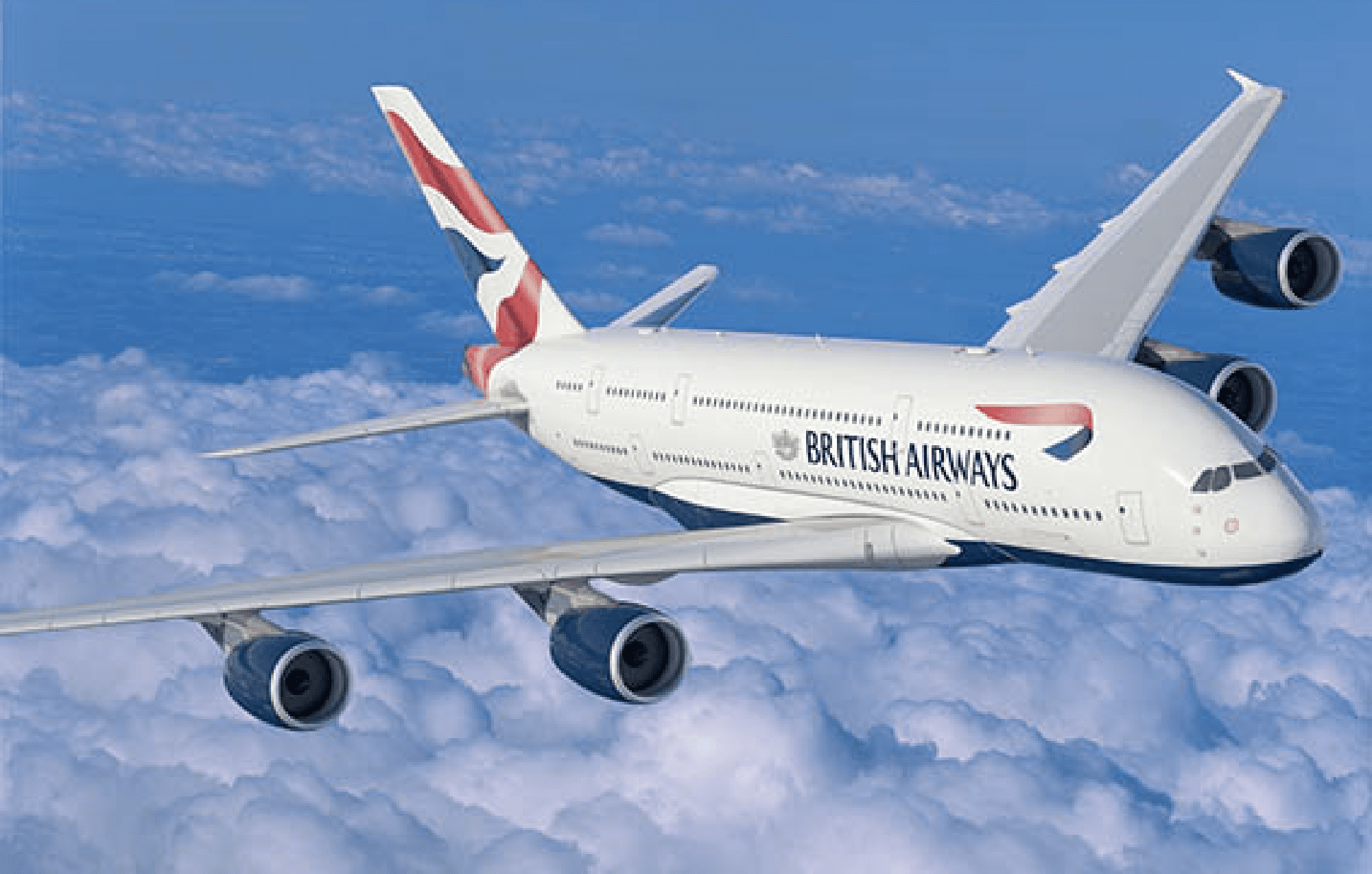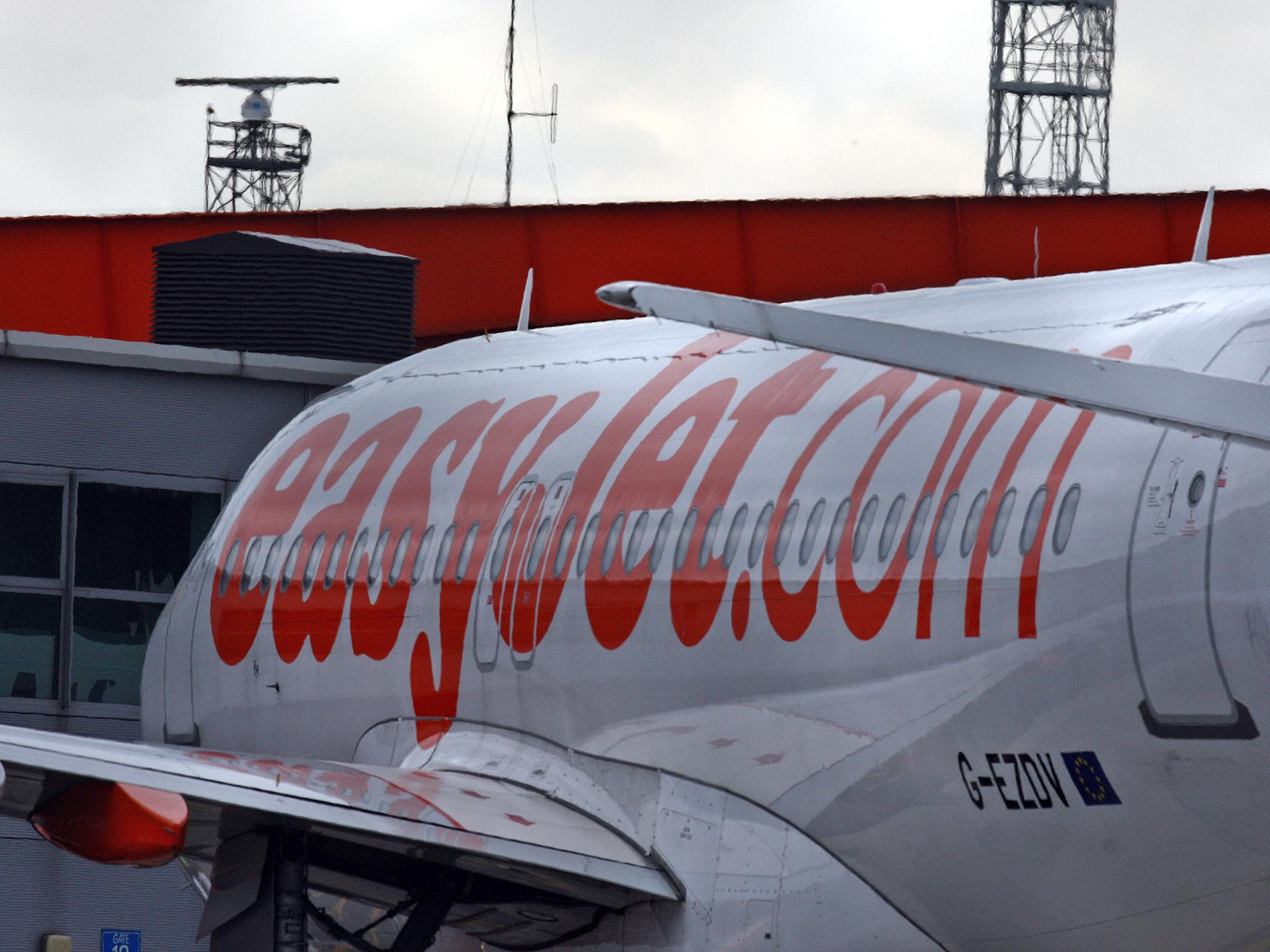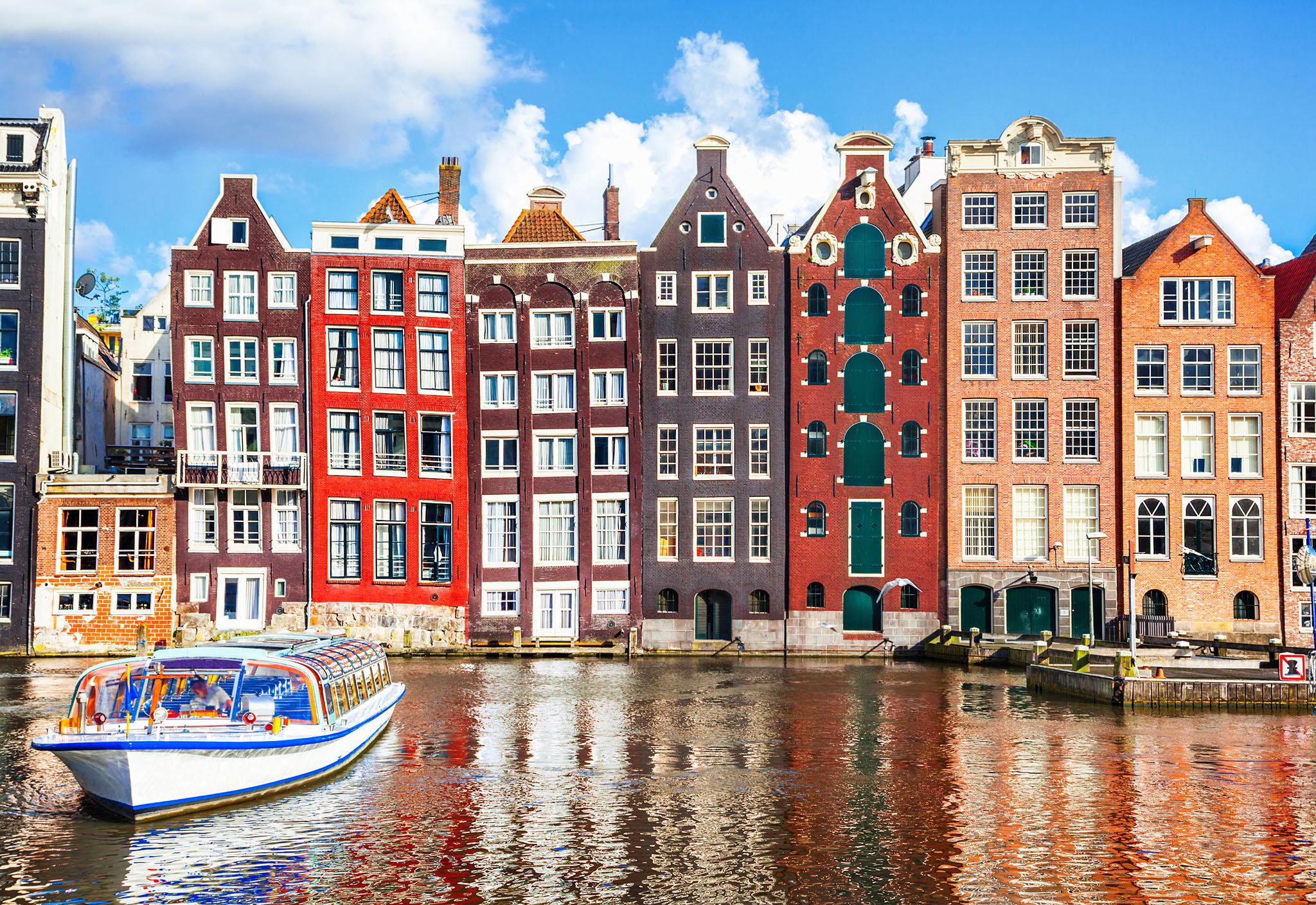Hong Kong strikes: What to do if you had to cancel your flights
Got a question? Our expert, Simon Calder, can help


Q In May we booked a September holiday to Hong Kong flying on 9 September with British Airways. Our flight was cancelled due to the pilots’ strike on this date. We were rebooked for 4 September.
With the current situation in Hong Kong deteriorating drastically, especially at the airport, we have had to cancel. The airline said we could not have a refund. Having to rebook our flights five days earlier due to the strike meant we have had fewer days to see if the situation at the airport calms down. I’m at a complete loss now. No one is prepared to help us and we’re going to lose almost £800 on the flights and not be able to rebook to somewhere else.
Amy F
A I imagine it has been an upsetting and frustrating couple of weeks for you. Despite the conflict between pro-democracy activists and the Hong Kong authorities, though, you have no obvious entitlement to a refund. While the city’s airport has been the scene of sporadic clashes, it has mainly been functioning normally, with British Airways and, for that matter, Virgin Atlantic, managing their operations carefully to protect their passengers.
In addition, the Foreign Office has not at any stage warned against travel to Hong Kong.
However, the special circumstances of the British Airways pilot strike gives you an element of hope.
To comply with European air passenger rights rules, BA should have offered you a flight on 9 September: there is plenty of availability on both Cathay Pacific and Virgin Atlantic. So my first suggestion is that you reinstate your original trip, insisting that British Airways books you on one of these airlines (Cathay Pacific is a Oneworld partner with BA and that should make the process smoother).
If the airline is unwilling to cooperate, or you are completely set against going, then you can seek a refund on the grounds that you were not made aware of the options open to you – notably to continue to travel on 9 September. But this might involve a legal battle, with no guarantee of success.

Q You wrote: “British Airways is an excellent, passenger-focused airline.” Don’t you read the hundreds of messages daily on britishairwayssuck.org? BA is a mainstream airline charging high prices and delivering a below-average budget airline service. BA operate antiquated, dirty aircraft. Their ground staff are rude, and their customer service is an embarrassment.
“Riaghladair”
A I reiterate my view that British Airways is an excellent, passenger-focused airline. And I apply the same description to its two big short-haul rivals, easyJet and Ryanair, as well as its main long-haul challenger, Virgin Atlantic. Travellers in Britain are very fortunate to have these formidable airlines basing their main operations in the UK.
On the key measure, safety, they are all outstanding. Ryanair is the safest airline in the world, as measured by the number of passengers flown without anyone dying in an accident. On the same metric, easyJet is in second place worldwide. Virgin Atlantic is also fatality free (though it has flown far fewer passengers in its 35-year career). And British Airways has not suffered a fatal accident since the Manchester airport tragedy in 1985, which was a different era for flight safety.
On fares and service, UK travellers benefit from the most ferocious competition in the world. Despite the burden of air passenger duty, which adds £13 to every European departure from a UK airport, and £78 to long-haul flights, the value offered to UK travellers is generally far better than is available in France, Germany and Italy.
I am fully aware that many people are critical of BA. On the short-haul operation there are perceptions of the airline going downmarket, emulating the low-cost carriers with policies such as “buy on board”. Long haul, many people say that rivals offer a better product in any class.
If you agree with the critics, there is fortunately no obligation to fly on British Airways (though reaching Bermuda can be tricky on other airlines). But I will continue to travel on BA, and its excellent rivals, and be grateful that we live in an era, and a nation, with so much choice. And while BA could certainly do with more modern aircraft, I find the staff on the ground and in the air invariably friendly and helpful.

Q We were caught up in the horrible French air-traffic control failure on Sunday. When easyJet cancelled our flight from Amsterdam, we were told that because another easyJet flight was available two days later we could not be flown on another airline or take the Eurostar train. But in all the coverage you have written about the impending British Airways strike, you have said an airline that cancels a flight must find you an alternative as soon as possible. So who is right?
Neil M
A The European air passengers’ rights rules, known as EU261, comprise the legislation that all British airlines are obliged to follow. To avoid any ambiguity, the UK Civil Aviation Authority (CAA) wrote to the major airlines last December explaining the basic principle when a carrier cancels a flight. If it cannot offer a same-day replacement flight, it must book you whatever seat is available on any airline as soon a possible.
Richard Stephenson, director at the Civil Aviation Authority (CAA), confirms that passengers should be offered “alternate travel arrangements under comparable conditions at the earliest opportunity, which includes flights on other airlines”. The only “wriggle room” is if the cancelling carrier has a departure only very shortly after another airline. In that case it is allowed to book you on its own flight and not a rival.
The guidelines gave the airlines more than six months to comply, and they were due to be compliant by 30 June 2019 – nicely timed for the peak holiday months of July and August. Yet easyJet maintains its line: “If there are no easyJet flights available to get you to your destination within 48 hours, you have the option to transfer to another airline, take a train, bus or hire a car.”
I pointed out to the carrier that this is at odds with the CAA rules. A spokesperson said: “EasyJet takes its responsibilities under EU261 very seriously. We already offer re-routing options to customers in event of cancellations. We have been working with the CAA towards implementing their most recent guidance and expect to have a revised policy in the coming weeks.”
Yes, the UK’s biggest budget airline has chosen not to observe the requirements of the aviation regulator over the peak summer season. I cannot imagine easyJet could defend any reasonable claim for the costs of rearranging your itinerary on another airline or the train. But it is regrettable that the carrier is not doing the work for the benefit of its passengers.

Q If I book a tour company in Holland that is “STO Garant” registered, will this be equivalent of Abta approval and offer protection for a UK booking?
Neil
A EU legislation requires package holidays to be financially protected. The definition of a package is, broadly, a flight plus something else, usually a hotel, sold in the same transaction by a company based in the European Union.
The consumer-protection rules reflect the nature of buying a holiday: you pay upfront for a promise, and you take delivery only when you turn up at the airport to fly away. As hundreds of thousands of people over the decades have found, tour operators can go bust between booking and travelling – or sometimes while the holidaymaker is away.
The idea of the package travel regulations enacted by Europe is that travellers should be protected financially from the failure of their holiday company between the date they book and the date they are due to return home. Each country puts its own protection arrangements in place. In the UK, it’s the Atol scheme run by the Civil Aviation Authority. (Abta, the travel association, is not relevant.)
STO Garant is a bonding scheme run by a firm in Eindhoven in the Netherlands, and is a Dutch equivalent of the Atol.
Both the Dutch and the British schemes can prove useful if your company goes bust while you are away: they will meet the accommodation bill and provide alternative transport home. That might be with a specially arranged airlift, as happened with the collapse of Monarch in 2017, or on scheduled services. That is a useful niche benefit. But far more people are affected by holiday company collapses because they have forward bookings with the firm.
Over the past few years it has been clear that the primary way to recover your losses is to claim from the credit-card provider, which is equally liable for the proper provision of goods and services as the supplier.
The House of Lords ruled in 2007 that card firms must cover purchases made abroad, so this would be the route to follow in the unfortunate event the firm fails before you travel. But if it happens while you are on holiday, then STO Garant could be your best friend. So relax in the knowledge that you have multiple layers of protection.
Email your questions to s@hols.tv or tweet @simoncalder
Join our commenting forum
Join thought-provoking conversations, follow other Independent readers and see their replies
Comments
Bookmark popover
Removed from bookmarks